These tiny nations leave a surprisingly massive impression.
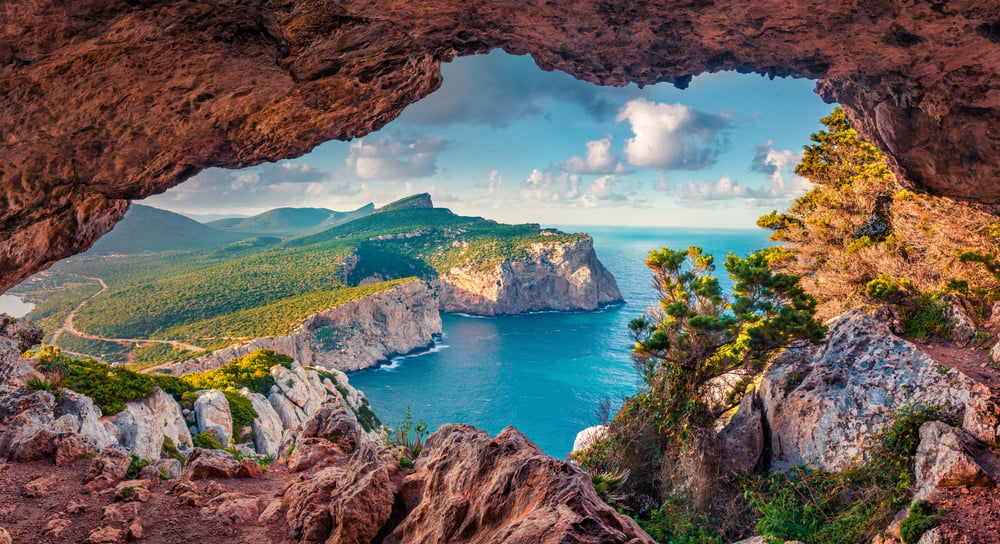
There’s something mind-altering about stepping into a country so small it feels more like a hidden town than a sovereign nation. These underrated microstates often get overlooked on maps, but they pack an outsized punch when it comes to culture, scenery, and unexpected depth. They break every assumption about what defines a country—and force you to see the world through a sharper, more curious lens.
What they lack in square mileage, they make up for with soul. Each one has its own rhythm, its own stories, and a way of life that feels worlds apart from the noise of more tourist-heavy destinations. When you find yourself lingering longer than you planned, questioning what “normal” really means, that’s when you know a place has changed you. These ten small-but-mighty nations just might leave you thinking differently about travel, culture, and even your own values.
1. Liechtenstein redefines what a fairytale country looks like.
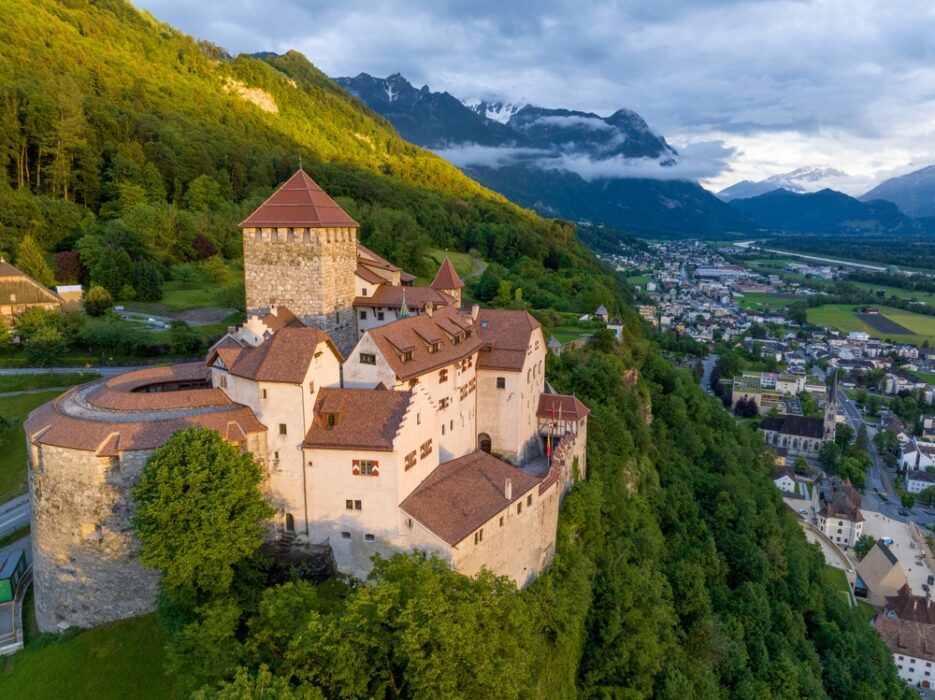
Tucked between Switzerland and Austria, Liechtenstein is so small that if you blink on a drive through the Alps, you might miss it, kyle.haney of Globe Trotter Kyle shared. But stop and stay awhile, and this postage-stamp-sized principality unfolds like a storybook come to life. With pristine trails, quiet alpine villages, and a reigning prince who actually lives in the castle overlooking the capital, it feels surreal—but entirely real. It’s not built for tourists, which makes your time here feel personal, almost secretive.
What really transforms your worldview is how self-sufficient and serene it all is. Liechtenstein has no airport, no coastline, and a population smaller than many towns, yet it boasts one of the highest GDPs per capita in the world. The country’s commitment to education, art, and ecological preservation shows how less really can be more. It’s a reminder that being small doesn’t mean lacking power—it often means using it with elegance.
2. San Marino quietly resists the chaos of modern life.
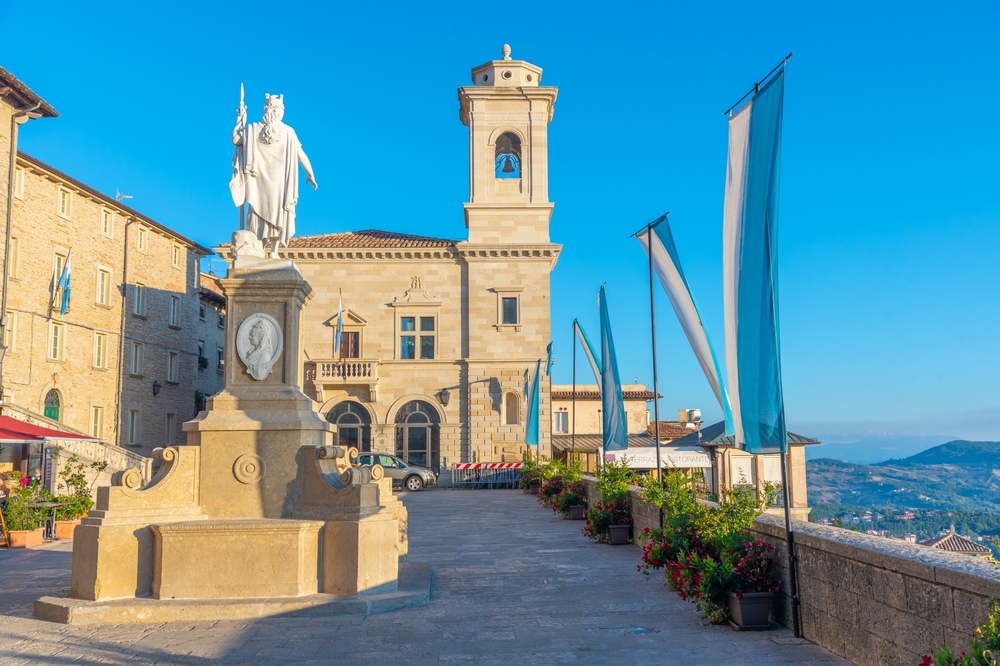
Surrounded entirely by Italy, San Marino isn’t just old—it’s ancient. This microstate has clung to independence since 301 A.D., making it the world’s oldest surviving republic. Walk through its medieval streets, and you can feel that age in the stone, the silence, the way the locals greet each other by name. There’s a calm defiance here, like it knows exactly who it is and has no intention of proving it to anyone.
Visiting San Marino makes you question why we rush through so much of life, as mentioned by Sandra Rosenau at Minimalist Journeys. Everything here moves slower—on purpose. The views from its mountaintop towers are breathtaking, but it’s the absence of modern frenzy that lingers. In a world built around urgency, San Marino seems to have opted out. It’s a place where history isn’t just preserved—it’s lived. And it gently suggests that maybe you should stop chasing and start noticing.
3. Luxembourg shows that wealth isn’t just about money.
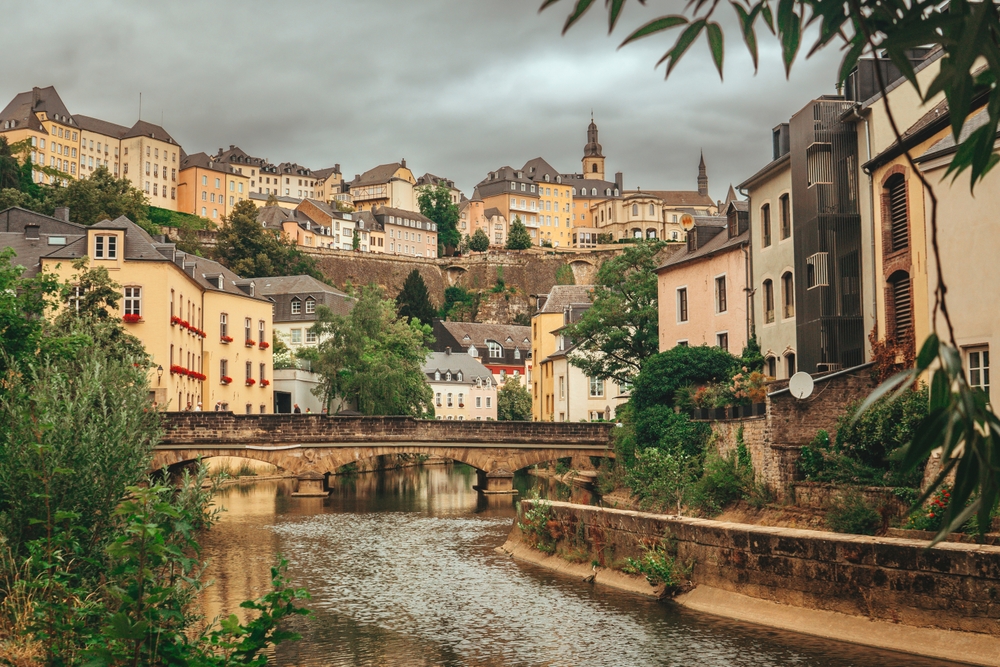
At first glance, Luxembourg looks like a wealthy European capital wrapped in tidy streets and polished facades. But wander a little deeper, and the country reveals its strength: diversity, resilience, and a quiet global influence. Home to multiple languages and one of the EU’s power centers, it’s a small country that thinks big without shouting about it. People from nearly every corner of the world live here, side by side.
What might stick with you most is how naturally cultures mix in everyday life. There’s no forced performance of unity—it’s just normal. You start to understand that a truly global society doesn’t have to be messy or divisive. Luxembourg manages it with an understated grace, proving that blending cultures isn’t a problem to solve—it’s a strength to celebrate, according to Toluwabori Toyin-Kehinde at SilverDoor. You leave with more than admiration for its pretty old town—you leave with a model for a kinder, more capable world.
4. Andorra invites you to live without overthinking everything.
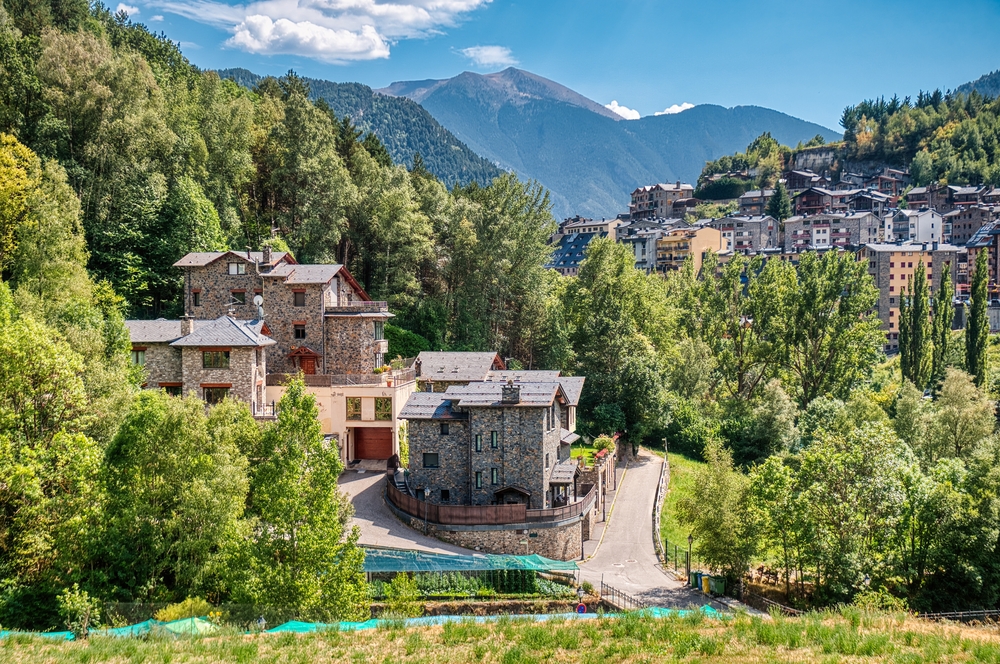
Wedged between Spain and France, Andorra is an alpine escape with a twist. It’s known for skiing and duty-free shopping, but spend more than a few hours here, and you’ll catch something else—a simplicity in how people live. The mountains rule the rhythm, and the air feels like it’s cleansing you just by breathing it in. Locals don’t rush. They don’t overshare. They just… live.
Andorra shifts your sense of pace and priorities. It reminds you that you don’t need a complicated itinerary or constant stimulation to feel alive. Here, your thoughts settle. You walk more. You talk less. The natural beauty humbles you, but so does the lifestyle—a quiet, contented presence that’s hard to describe but impossible to forget. It makes you want to carry that ease back home and strip away the noise.
5. Bhutan protects your peace like it’s national treasure.
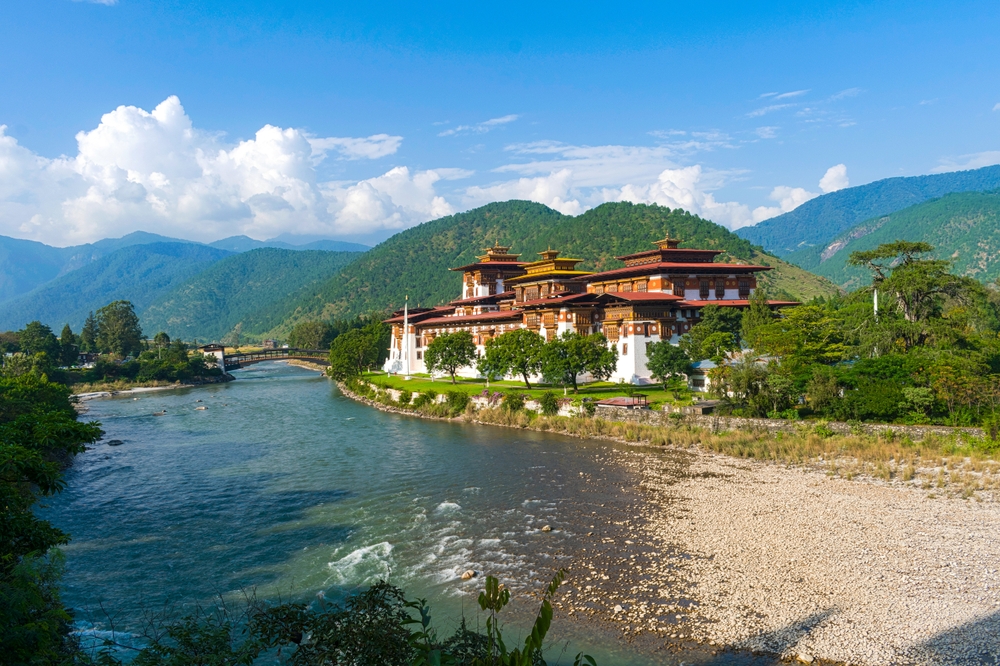
While Bhutan isn’t tiny in landmass compared to microstates, its tucked-away location in the Himalayas and limited tourist access keeps it off most radars. This Buddhist kingdom famously measures success through Gross National Happiness instead of GDP—and that’s not just marketing. You feel it in the kindness of monks, the stillness of temples, and the way strangers greet you like an old friend.
Traveling in Bhutan forces you to slow down, not because it’s inconvenient, but because it feels right. There’s no chasing “more” here. No pressure to outdo anyone. Instead, everything is grounded in intention and balance. That kind of societal design rewires your thinking. You start to realize how much unnecessary stress you’ve absorbed just by living in a fast world. Bhutan’s message is simple: peace isn’t a luxury—it’s a birthright.
6. Malta blends ancient and modern in a way that changes your timeline.
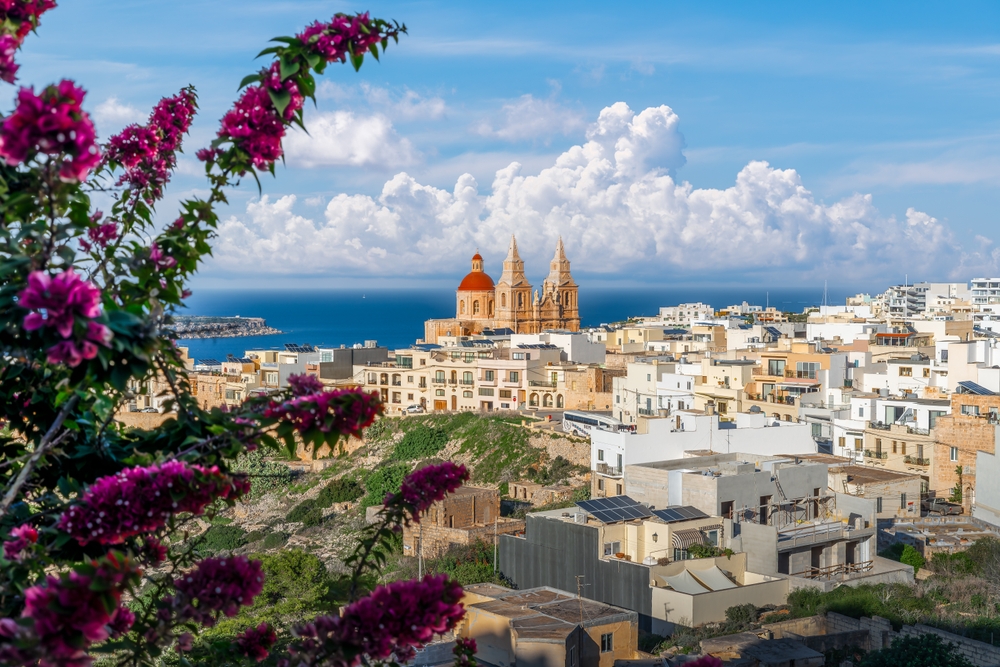
Floating in the Mediterranean between Sicily and North Africa, Malta is tiny but fierce with history. Its layered past—Phoenicians, Romans, Moors, Knights—feels like an archaeological time capsule with a tan. One minute you’re exploring catacombs older than the pyramids, the next you’re watching Gen Z locals sip coffee beside Baroque facades. That contrast messes with your sense of time in the best way.
What Malta really teaches is that history isn’t something behind us—it’s something we live within. You realize how deeply the past shapes the present, and how present-day life doesn’t have to erase tradition. Malta doesn’t just preserve ruins—it builds life around them. The result is a kind of fluidity you rarely see. You leave more open to complexity, more respectful of what came before, and maybe even a little more curious about your own lineage.
7. Montenegro proves beauty doesn’t need a PR campaign.
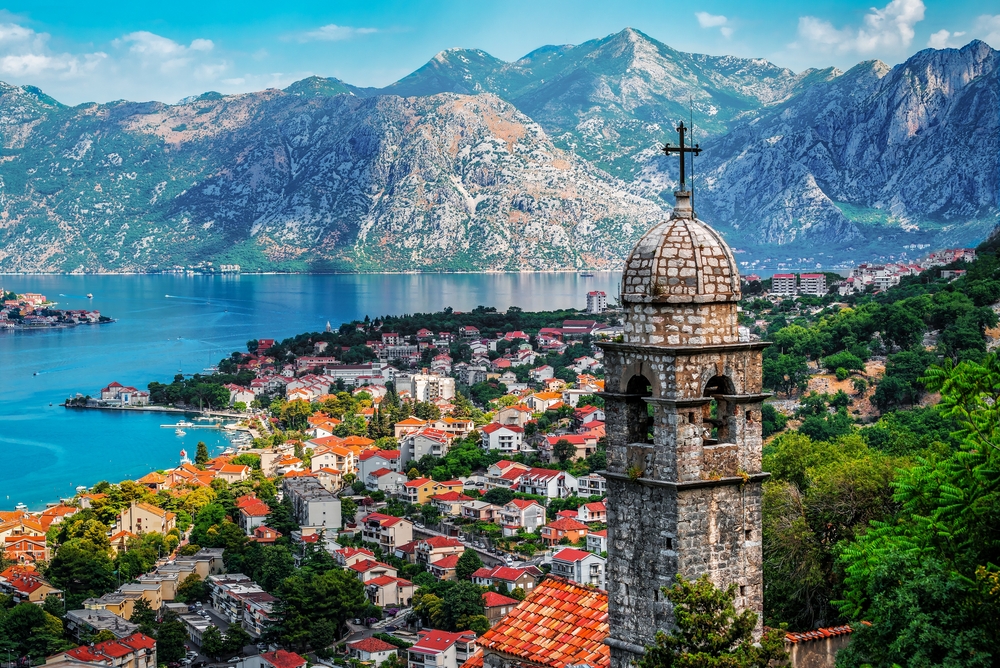
Montenegro sits beside Croatia, but you’d never know it judging by the tourist numbers. And that’s part of the appeal—it’s unsung and under-traveled, yet jaw-droppingly gorgeous. Think rugged coastlines, fjord-like bays, and ancient walled towns that seem to grow out of the mountains. It’s the kind of place that looks Photoshopped, except it’s not.
But beyond the landscapes, Montenegro shifts how you think about popularity. There’s a strange clarity in visiting a place not yet consumed by tourism. You’re not one of thousands—you’re just one person in a quiet, stunning corner of the world. That kind of solitude sharpens your senses. It makes travel feel personal again. Montenegro doesn’t beg to be loved—it just is. And it teaches you to value places for how they make you feel, not how many people have posted selfies there.
8. Eswatini invites you to reframe what “Africa” means.
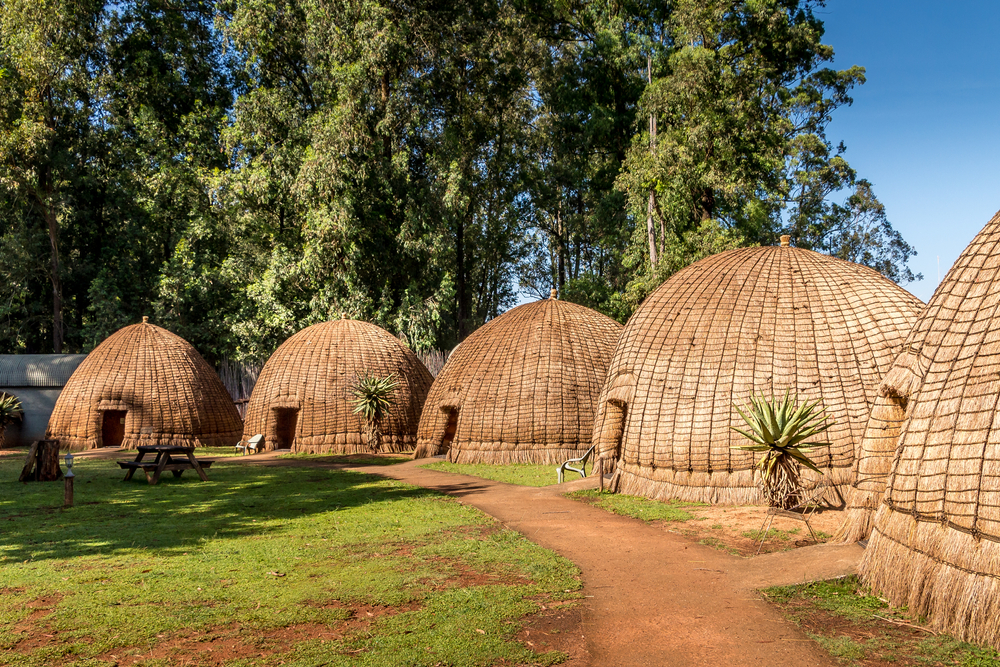
Formerly known as Swaziland, Eswatini is one of Africa’s smallest countries, and also one of its most overlooked. Nestled between South Africa and Mozambique, it bursts with vibrant culture, rolling mountains, and people who hold traditions with pride and purpose. Most visitors are surprised by the warmth, not just from the sun, but from the welcome.
Eswatini makes you realize how narrow your assumptions might be. It doesn’t fit into the tired narratives often used to describe Africa. It’s peaceful, progressive in some ways, deeply traditional in others—and it’s figuring itself out without apology. You start to appreciate the complexity of nations that aren’t on every bucket list. And that’s the real shift: you stop looking at countries as tourist products and start seeing them as living, breathing places full of nuance.
9. Seychelles forces you to question why you need so much stuff.
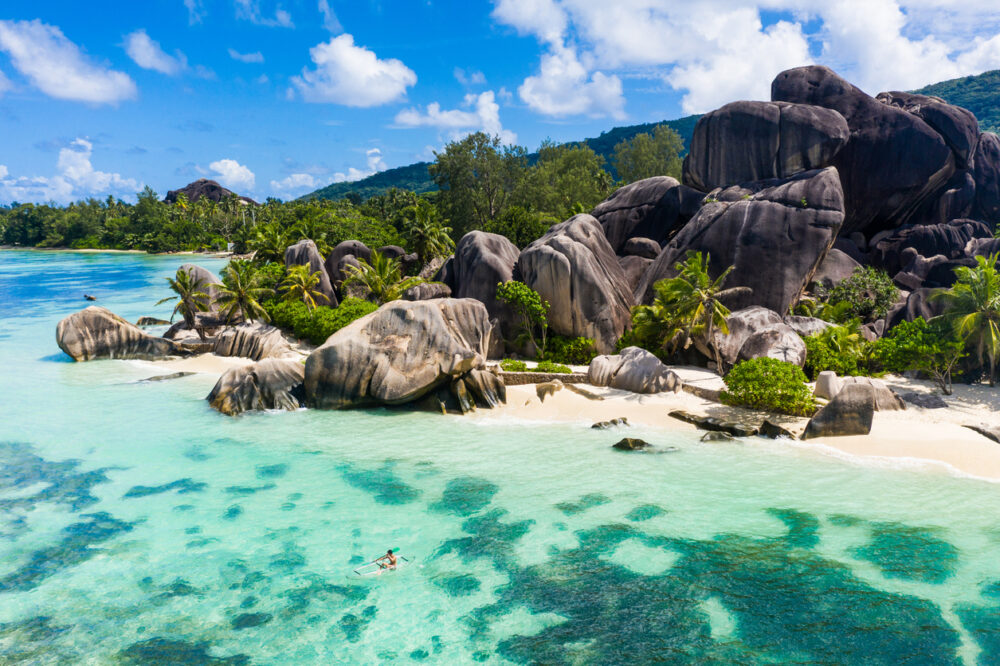
This island nation in the Indian Ocean is often seen as a honeymoon destination, but there’s a deeper lesson beneath the palm trees and turquoise water. Life here revolves around the essentials—good food, warm air, family, and nature. There are no massive resorts with fifteen restaurants or frantic tours. Just moments, stretched out like the horizon.
What shifts in you here is the sense of scale. You start to wonder how much of your life is filled with things you don’t actually need. On these islands, people live with less and seem to smile more. The sun doesn’t just bronze your skin—it strips away the excess. You stop checking your phone. You start checking in with yourself. Seychelles isn’t just beautiful—it’s a blueprint for a lighter life.
10. Timor-Leste teaches resilience in a way you’ll never forget.
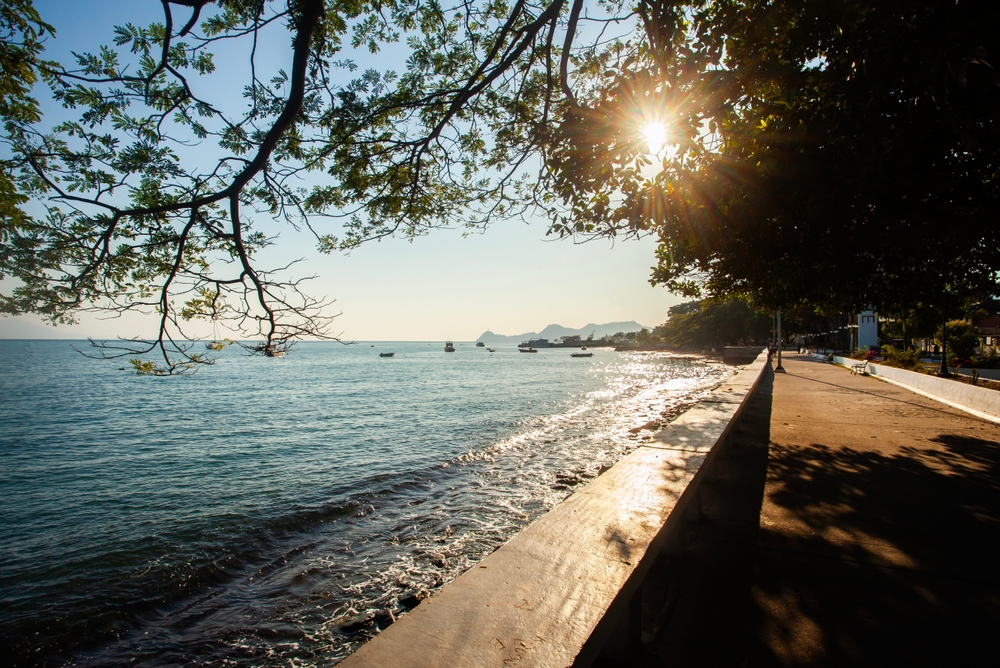
Timor-Leste, one of the world’s newest countries, is rarely mentioned in travel circles—and that’s a loss for everyone who misses it. Located in Southeast Asia, this small nation carries the scars of colonization and conflict, but it also pulses with creativity and pride. Its beaches are pristine, its mountains untouched, and its people among the most genuine you’ll ever meet.
What sticks with you isn’t just the scenery—it’s the spirit. Timor-Leste has fought for its identity with everything it had, and now it’s rebuilding with hope instead of bitterness. That kind of resilience reshapes how you view adversity. You stop seeing challenges as dead ends and start seeing them as chances to grow. The country may be young and small, but its soul is enormous. And when you leave, you carry a bit of that strength with you.
